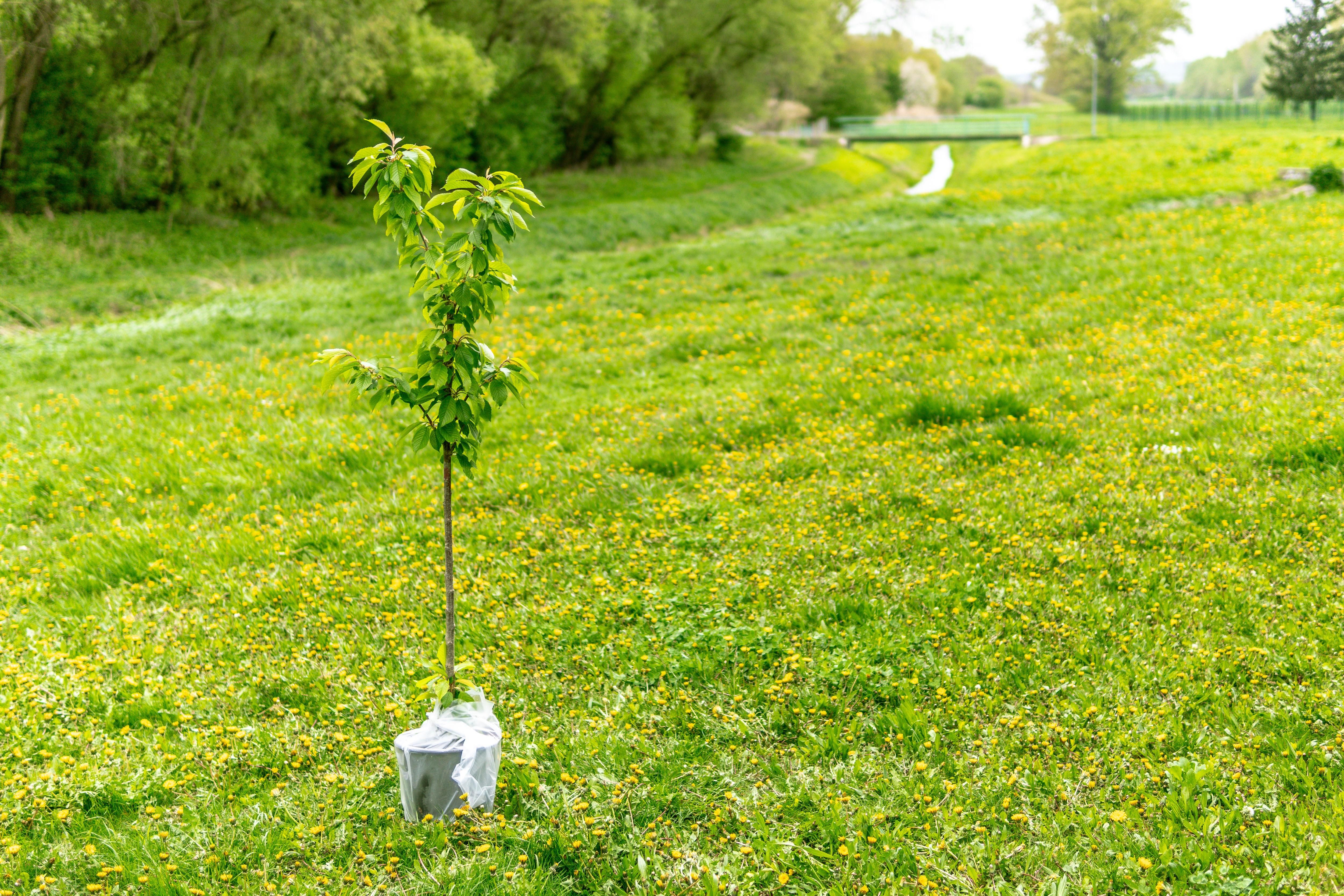Why planting your own tree is a great way to connect with the environment
School fields lined with poplars, the oak in the local park, picking up conkers under the horse chestnut, feeling summer arrive at the sight of blossom; trees have always been around us, and we couldn't imagine life in the UK without them. They help us breathe by cleaning the air of carbon dioxide and providing shade on warm summer days, and in recent years, they have become an important part of tackling climate change.
The United Nations Climate Change Conference, the 26th event (COP26) in Glasgow, began on October 31 and ends on November 12, with world leaders and delegates attending to discuss climate change. One topic under discussion is deforestation, which contributes enormously to climate change because it depletes forests that absorb CO2.
While COP26 tries to find solutions for climate change on a global scale, there are small ways we can all personally contribute, and discussing them raises awareness and acts as a reminder. Walking or taking a bus instead of driving our own cars, for example, reducing energy use by small things like switching off lights in unused rooms or cutting back on meat and dairy, can help. I was recently reminded of these points at an event for Muslim women and girls where climate change was discussed, and participants were encouraged to take small steps in changing their habits.
As a Muslim, I have always felt it important to do what I can to look after our planet, from not wasting water to reducing home energy use. Planting trees is an option that has become important over the years and was touched upon recently by His Holiness, Mirza Masroor Ahmad, worldwide head of the Ahmadiyya Muslim Community.
When a girl asked how important it was to fight climate change and His Holiness replied, "very important!" and advised her that people should walk or cycle instead of driving short distances, adding, "cycling is good for your health as well." He went on to suggest each of us "should plant two trees every year... This is how you can fight climate change."
Many different communities make up the population of this country, so it's important to raise awareness about various aspects of tackling climate change among them specifically as well as just generally talking about it.
Next year, the women's auxiliary of the Ahmadiyya Muslim Community will be celebrating 100 years since being established. To commemorate this and conserve our beautiful planet, the UK members have pledged to plant 100,000 trees across the UK.
Women from branches across the country have been in touch with local authorities and the Woodland Trust and have begun this project.
Climate change is already affecting the planet and will become a problem for our future generations, so by raising awareness, especially among the young, we can at least try to make a better world for them to inherit.
